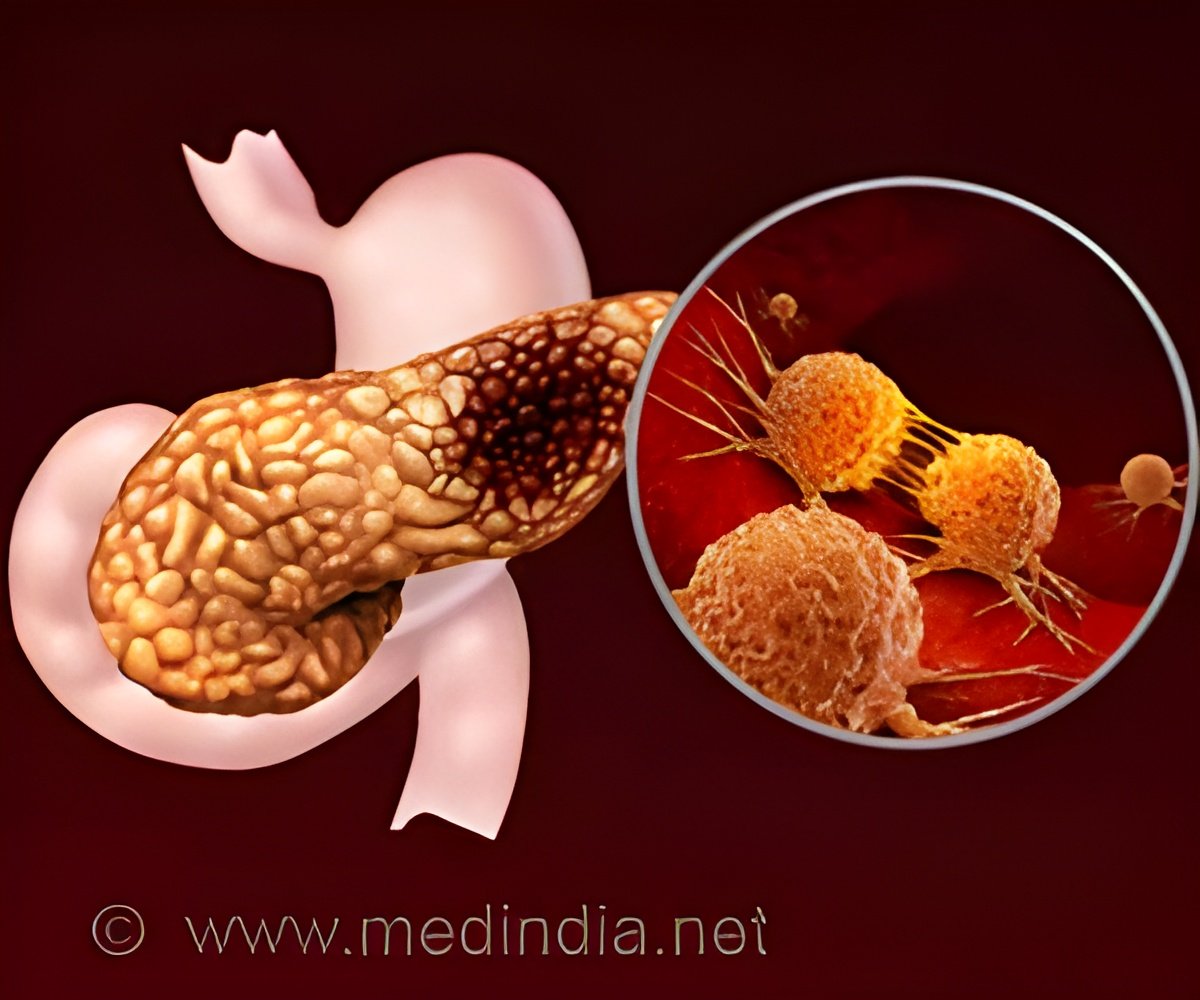
Cancer prevention remains a significant focus of scientific investigation, with experts continually uncovering factors that may influence cancer development. One key area of interest is the role of chronic inflammation in elevating cancer risk (1✔ ✔Trusted Source
Statin prevents cancer development inchronic inflammation by blockinginterleukin 33 expression
).
A recent study in *Nature Communications* explored the pathways that contribute to chronic inflammation. The findings suggest that the statin drug pitavastatin might help reduce chronic inflammation and thereby lower the risk of developing pancreatic cancer. If future research supports these findings, pitavastatin could become a preventative option in clinical settings.
Statins are primarily prescribed to lower cholesterol levels in individuals with high “bad” cholesterol. These medications, often combined with lifestyle changes like reducing saturated fat intake and increasing physical activity, help maintain healthy cholesterol levels.
According to Dr. Robert Salazar, a cardiologist at Memorial Hermann, statins are typically used to manage high cholesterol in patients at high risk for atherosclerotic cardiovascular disease (ASCVD). They are initiated when a patient’s risk of heart attacks, strokes, or peripheral arterial disease is high, or after such events. The effectiveness of statins is monitored through follow-up blood cholesterol tests to ensure adequate response. Researchers are also investigating alternative uses for statins in various health conditions.
Statins, Inflammation, and Cancer
Researchers have identified that chronic inflammation is a contributing factor to cancer development, with conditions like chronic pancreatitis increasing the risk of pancreatic cancer. The recent study highlighted interleukin 33 (IL-33) as a protein that triggers cancer-related chronic inflammation. Researchers used mice, human tissue samples, and cell lines to study this mechanism, finding that IL-33 expression was high in inflamed skin and pancreas tissues. They discovered that inflammation activates the TLR3/4 signaling pathway, which in turn increases IL-33 expression. Another pathway, TBK1-IRF3, was also found to regulate IL-33 in chronic pancreatitis and dermatitis.
The study tested pitavastatin’s ability to block IL-33 expression, revealing that the drug could potentially prevent chronic pancreatitis and related cancer development. Examination of human tissue samples confirmed the activity of the IRF3-IL-33 signaling axis in inflamed and cancerous pancreatic tissues. Additionally, analysis of electronic health records from over 200 million people indicated that pitavastatin users had a reduced risk of chronic pancreatitis and pancreatic cancer.
Study author Dr. Shadmehr Demehri emphasized the significance of their findings, noting that a substantial percentage of cancer deaths worldwide are linked to cancers that develop from chronic inflammation. The research uncovered the cellular mechanisms driving IL-33 expression and demonstrated how statins could block this process, reducing inflammation and cancer risk.
Advertisement
Dr. Salazar highlighted the additional benefits of statins beyond cholesterol management, such as reducing inflammation and protecting against heart attacks, strokes, dementia, autoimmune diseases, premature aging, and cancer.While promising, this preliminary research requires further studies to confirm the concepts and their applicability in clinical practice. Given the reliance on mouse models and health records from North America and Europe, more diverse research is needed.
Dr. Demehri stressed the importance of clinical trials to evaluate statins’ effectiveness in cancer prevention among patients with chronic inflammation. Extending the research to other chronic inflammatory diseases like ulcerative colitis and hepatitis could also help prevent cancer in patients affected by these conditions.
Advertisement
Dr. Anton Bilchik, a surgical oncologist and chief of medicine at Providence Saint John’s Cancer Institute, underscored the potential of this research to benefit clinical practice if future studies continue to validate these findings.
Reference:
- Statin prevents cancer development inchronic inflammation by blockinginterleukin 33 expression – (https://rdcu.be/dKmHL)
Source-Medindia



